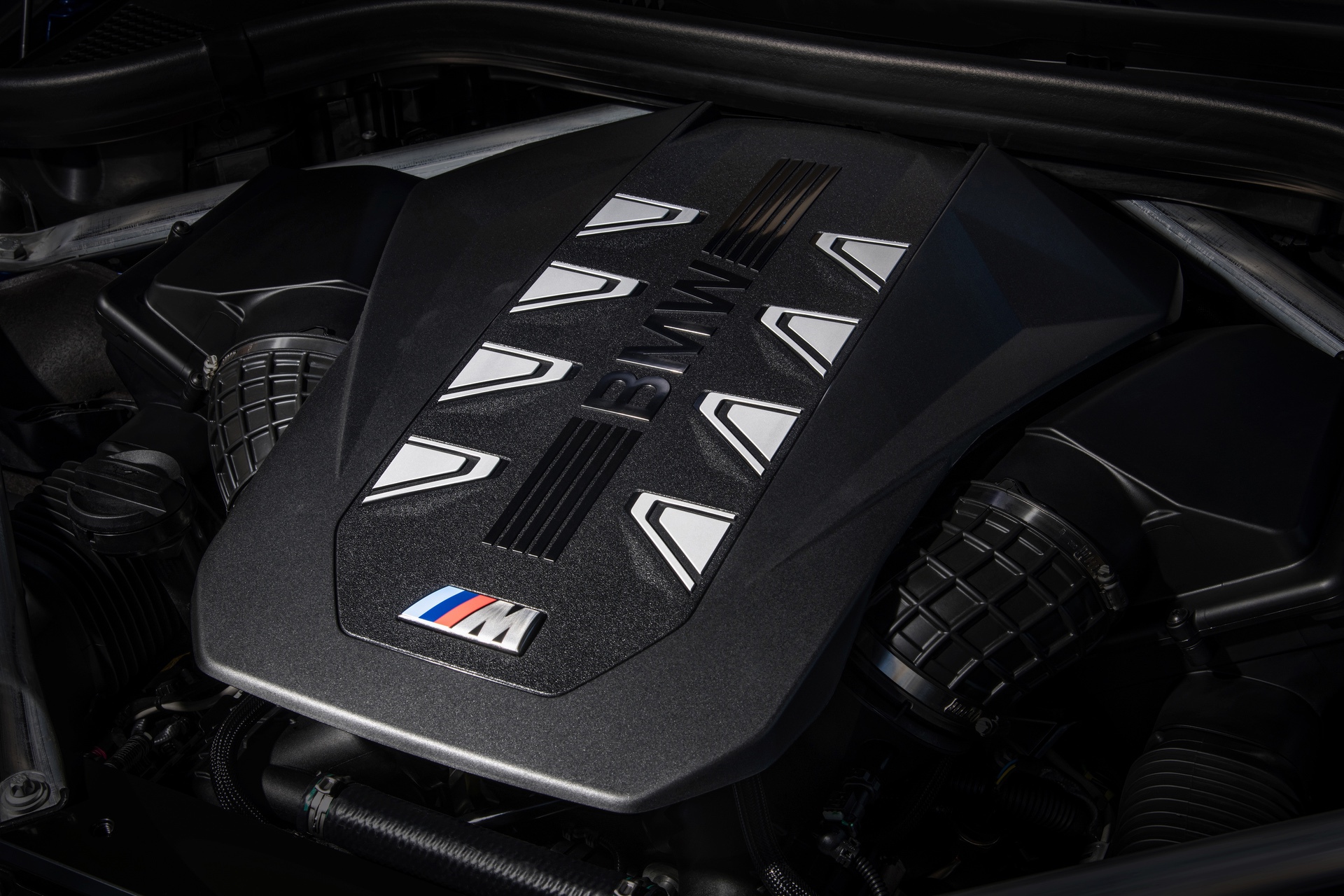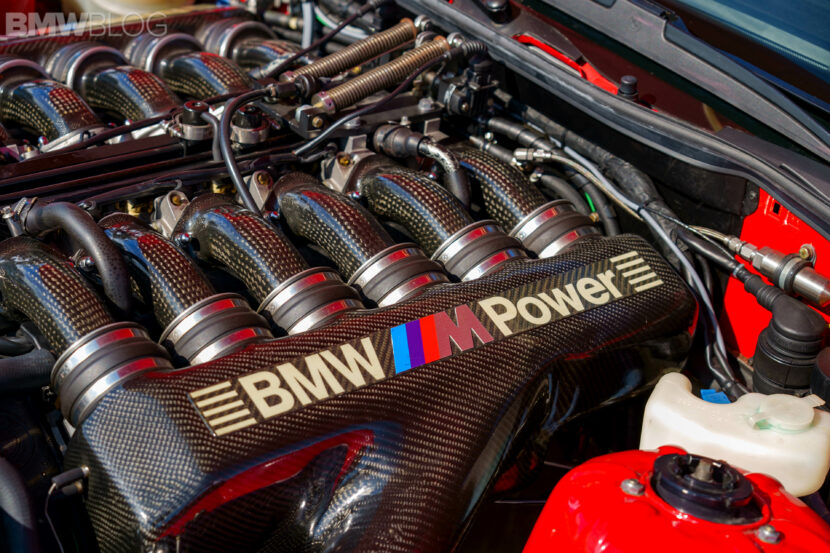While most automakers are in a rush to announce plans about going all-in on EVs, BMW sees things differently. On numerous occasions, Chief Executive Officer Oliver Zipse has said abandoning the internal combustion engine would be too premature. During a roundtable at the 2022 New York Auto Show, the CEO reiterated an electric-only strategy is not the solution, at least not for now.
“When you look at the technology coming out, the EV push, we must be careful because at the same time, you increase dependency on very few countries.”
The 58-year-old executive was referring to how the industry primarily relies on China for raw materials necessary to make batteries. In addition, Zipse also pointed out the pricing issue as an EV remains considerably more expensive than the equivalent ICE car.
“If someone cannot buy an EV for some reason but needs a car, would you rather propose he continues to drive his old car forever?” BMW’s head honcho went on to mention selling cleaner combustion-engined cars makes more sense. Not only in terms of company profits, but also from an environmental perspective. EVs remain pricy and the charging infrastructure in many countries leaves a lot to be desired.
2035 Could Be The Cut-Off Date For The ICE In The European Union
BMW will have to go EV-only in the European Union by 2035 should the European Commission’s proposal be voted favorably. It won’t be an issue for Rolls-Royce since the brand from Goodwood will abandon ICE in 2030. MINI will follow suit early in the next decade. However, the two British brands generate only a small portion of the Group’s sales. Of the total 2,521,525 cars delivered by the conglomerate last year, the bulk of the sales came from BMW with 2,213,795 units. MINI shipped 302,144 cars while Rolls-Royce moved 5,586 cars.
Zipse added raw material prices are at a high now, and they’re unlikely to return to previous levels. Consequently, the BMW Group is focusing more on recycling, as evidenced by the Vision Circular concept. It lowers manufacturing costs and does less harm to the environment compared to making everything from scratch.
Source: Reuters






































































